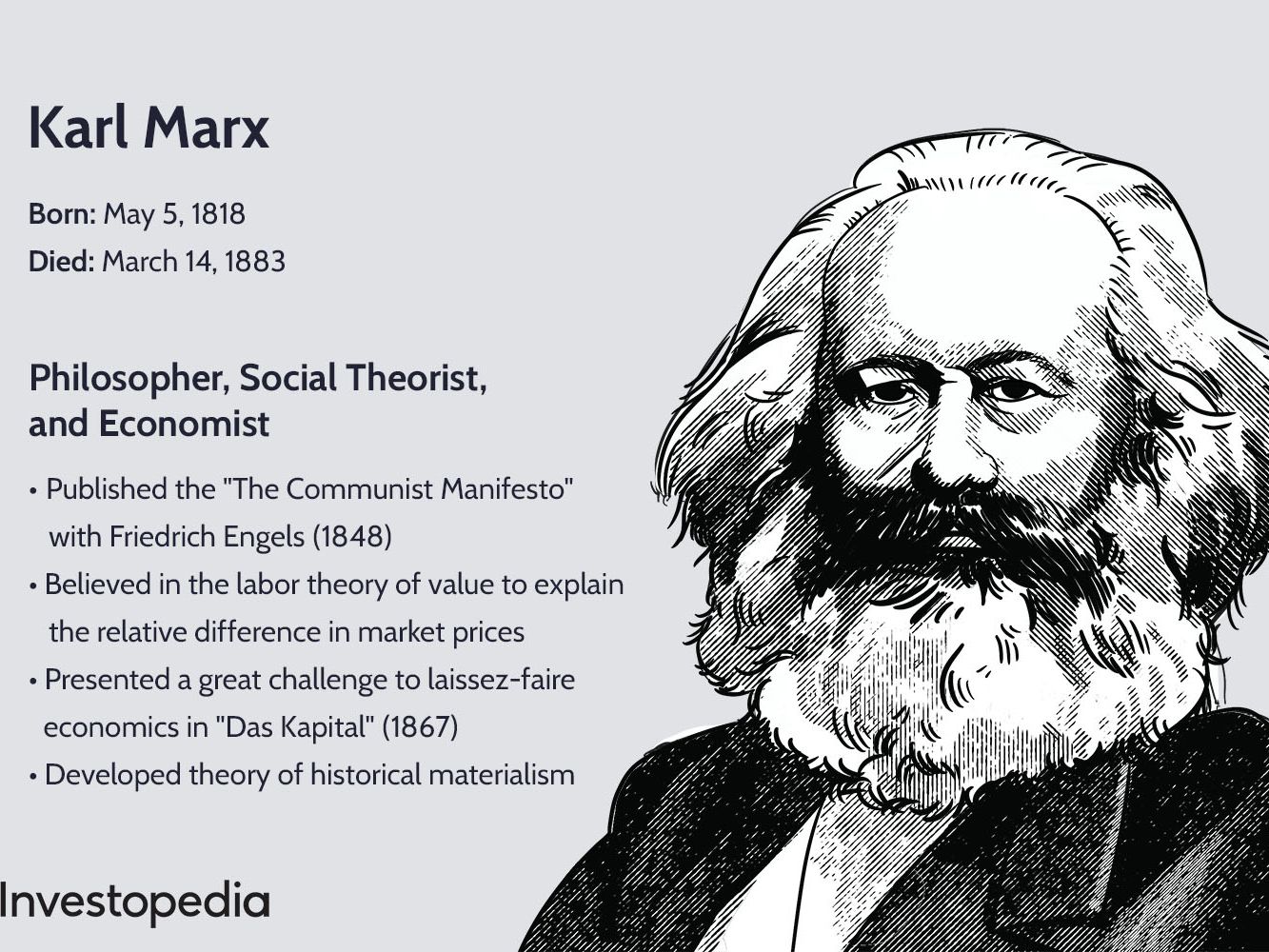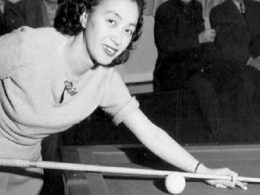Isaac Newton
(1642/12/25 – 1727/03/31)
British mathematician and physicist
– We build too many walls and not enough bridges –
- One of the most renowned scientists in history.
- Areas: Physics, mathematics, astronomy, theology, alchemy
- Subjects: Epistemology, metaphysics, physics, optics, mathematics, ethics, psychology, biology
- Works: Philosophiæ naturalis principia mathematica…
- Contributions: Law of universal gravitation; Laws of dynamics; corpuscular theory of light; Development of differential and integral calculus
- Areas: Physics, mathematics, astronomy, theology, alchemy
- Parents: Isaac Newton and Margery Ayscough
- Name: Pronunciation
Summary
English mathematician and physicist considered one of the most influential scientists of all time. Recognized for his work on the laws of motion and gravity. In mathematics, another of his discoveries was the development of infinitesimal calculus. He also made important contributions to optics and calculus.
Questions and answers
- What is Isaac Newton famous for?
-Known for his discoveries in optics and mathematics, although he is known above all for his formulation of the laws of motion, basic principles of modern physics. His formulation of the laws of motion became the law of universal gravitation. - Where did Isaac Newton study?
-After attending grammar school in Grantham, Lincolnshire, England, Newton entered Trinity College, Cambridge, in 1661, from which he graduated in 1665. - What did Isaac Newton write?
-Recognized for his Philosophiae Naturalis Principia Mathematica (1687), commonly known as the Principia. His laws of motion first appeared in this work and it became one of the most important works in the history of modern science.
“Plato is my friend, Aristotle is my friend, but my best friend is the truth”
Isaac Newton
Isaac Newton was born on December 25, 1642 (Julian calendar), January 4, 1643 (Gregorian calendar), in Woolsthorpe , a village in Lincolnshire county, England.
Family
Posthumous son, he came into the world prematurely three months after the death of his father, also named Isaac Newton, a prosperous illiterate farmer.
The small size and delicate state of him make fear about his fate, although he eventually survived. Her mother, Hannah Ayscough, remarried when Newton was three years old, moving in with her new husband, the Reverend Barnabas Smith, leaving little Isaac in the care of her grandmother, Margery Ayscough. His mother had three children in this second marriage.
When he was 14, his stepfather (whom he hated) died, and Newton returned to Woolsthorpe.
Studies
From a young age he appeared as “calm, silent and thoughtful” although full of imagination. He entertained himself by building contraptions such as a windmill, a water clock, a carriage that moved by means of a crank operated by the driver himself, etc.
His mother wanted him to become a farmer, even though Isaac Newton hated farming.
From the age of twelve until he was seventeen, he attended Grantham Grammar School. In 1661, he entered Trinity College, Cambridge University, where he studied mathematics under the mathematician Isaac Barrow .
Mathematical
He received his BA in 1665 and was made a fellow at Trinity College in 1667 (between 1665 and 1667 Cambridge University was closed by the plague and Newton returned to Woolsthorpe). From 1668 he was a professor. Newton dedicated himself to the study and investigation of the latest advances in mathematics and natural philosophy.
Discoveries
He made fundamental discoveries that were of great use to him in his scientific career. He got in the field of mathematics the greatest achievements of him. He generalized the methods that had been used to draw lines tangent to curves and to calculate the area enclosed under a curve, discovering that the two procedures were inverse operations. He uniting them in what he called the method of fluxions .
Calculation development
He developed in 1666 what is known today as calculus , a powerful new method that raised modern mathematics above the level of Greek geometry. In 1675 Leibniz independently arrived at the same method, which he called differential calculus ; his publication earned Leibniz praise for the development of that method, until 1704, when Isaac Newton published a detailed exposition of the method of fluxions.
The Apple
The famous apple incident may be the most famous of his life. It happened in 1666. According to his biographer, William Stukeley, Isaac Newton was under the shade of an apple tree on his farm when a fruit fell from the tree. It was then that he came up with the idea of gravitation . He wondered why the apple always descends perpendicular to the ground. The apple in question led him to consider the existence of gravity, a universal force that attracts bodies which according to his model could be expressed as the product of the masses of the two bodies divided by the square of the distance that separates them. This law would explain why the orbits of the planets around the Sun are elliptical, why the Moon causes tides, and why objects fall to the ground.
In 1669 he obtained the Lucasian chair of mathematics at Cambridge University.
Optics
Optics was also of interest to Newton. He concluded that light from the Sun is a heterogeneous mixture of different rays – each representing a different color – and that reflections and refractions cause the colors to appear by separating the mixture into its components. He proved his color theory by passing a ray of sunlight through a prism, which split the ray of light into separate colors. In the year 1672 he sent a short exposition of his theory of colors to the Royal Society of London.
After the death of his mother in 1678, Isaac Newton entered six years of intellectual seclusion where he only communicated with brief notes. In 1704, he published his Opticks, in which he explained his theory in detail.
Law of universal gravitation
In 1684 he was visited by Edmund Halley , an astronomer and mathematician with whom he discussed the problem of orbital motion. Over the next two and a half years, he established the modern science of dynamics by formulating the three laws of motion. He applied these laws to Kepler ‘s laws of orbital motion and derived the law of universal gravitation. He published his theory in Philosophiae Naturalis Principia Mathematica (Mathematical Principles of Natural Philosophy, 1687), which marked a turning point in the history of science and was considered the most influential work in physics. He took two years to write it being the culmination of more than twenty years of thought.
Newton laid the foundation for our scientific age. His laws of motion and the theory of gravity underpin much of modern physics and engineering.
Theology
In 1687 he supported Cambridge’s resistance against the efforts of King James II of England to convert the university into a Catholic institution. Following the Glorious Revolution of 1688, the university chose him as one of its representatives at a special convocation of the British Parliament . That same year Newton met the philosopher John Locke , between the two of them they dedicated many hours to the discussion of theological issues, especially that of the Trinity , Newton channeled his efforts into the problems of Biblical chronology. In 1693 Newton showed symptoms of a severe emotional illness. Although he recovered his health, his creative period had come to an end.
He was appointed inspector and later director of the London Mint , where he lived until 1696; During his tenure the British currency was changed from the silver standard to the gold standard.
Royal Society
In that year he participated in a mathematical challenge proposed by Jacob Bernoulli , his contender was Leibniz who was unable to quickly overcome the solutions presented by him. Belonging to the young generation of Fellows of the Royal Society , in 1703 he was elected its president, a position he held until the end of his life. In addition to his interest in science, he was also drawn to the study of alchemy , mysticism , and theology . Newton was also famous for his bad temper and his conflicts with other people, in particular with Robert Hooke and Gottfried Leibniz .
His years of maturity and old age were spent at his residence in Cranbury Park, near Winchester, in the care of a niece, Cátherine Barton , daughter of a stepsister and married to John Conduit, who would become his most ardent apologist.
Death
After a sudden worsening of his kidney condition, he died in London in his sleep, on March 20, 1727 (Julian calendar), March 31, 1727 (Gregorian calendar). He was buried in Westminster Abbey , making him the first scientist to receive this honour. Voltaire may have been present at his funeral.
Some biographers correct that Isaac Newton died a virgin. His obvious misogyny, coupled with extreme puritanism, prevented him from going to brothels.
He left behind a large collection of manuscripts. The investigators discovered thousands of folios containing alchemical studies, commentaries on biblical texts, as well as obscure and unintelligible hermetic calculations.
Recapitulation
Newton’s laws of motion and universal gravitation form the basis of classical mechanics, which dominated the scientific view of the physical universe for the next three centuries.
- His work laid the foundation for much of the mathematics used in modern science.
- He developed the theory of gravity.
- He discovered the nature of light and color.
- He published his groundbreaking work Philosophiae Naturalis Principia Mathematica in 1687.
- Member of the Royal Society and its president between 1703 and 1727.
Did you know…
Mercury
His hair was examined in 1979 and mercury was found, probably as a result of his alchemical searches. Mercury poisoning could explain Newton’s eccentric behavior in old age.
Plays
De analysi per aequationes numero terminorum infinites (1669)
Method of Fluxions (1671)
Of Natures Obvious Laws & Processes in Vegetation (1671–75)
De motu corporum in gyrum (1684)
Philosophiae naturalis principia mathematica (1687)
Opticks (1704)
Reports as Master of the Mint (1701–25)
Arithmetica universalis (1707)
Posthumous
The System of the World, Optical Lectures, The Chronology of Ancient Kingdoms, and De mundi systemate (1728)
Observations on Daniel and The Apocalypse of St. John (1733)
An Historical Account of Two Remarkable Corruptions of Scripture (1754)
Isaac Newton Quotes
In the absence of any other proof, the thumb alone would convince me of the existence of God.
I find more hints of authenticity in the Bible than in any secular story.
I have been a little boy who, playing on the beach, occasionally found a finer pebble or a prettier shell than usual. The ocean of truth stretched out, uncharted, before me.
Unity is variety, and variety in unity is the supreme law of the universe.
Any force exerted on a body is directly proportional to the acceleration it experiences.
The truth is always found in simplicity and not in the multiplicity and confusion of things.
What we know is a drop of water; what we ignore is the ocean.
We men build too many walls and not enough bridges.
If I have made invaluable discoveries it has been more through patience than any other talent.
If I have managed to see further, it has been because I have stood on the shoulders of giants.
Links of interest:
Youtube:
Books:
Images:
Videos:











